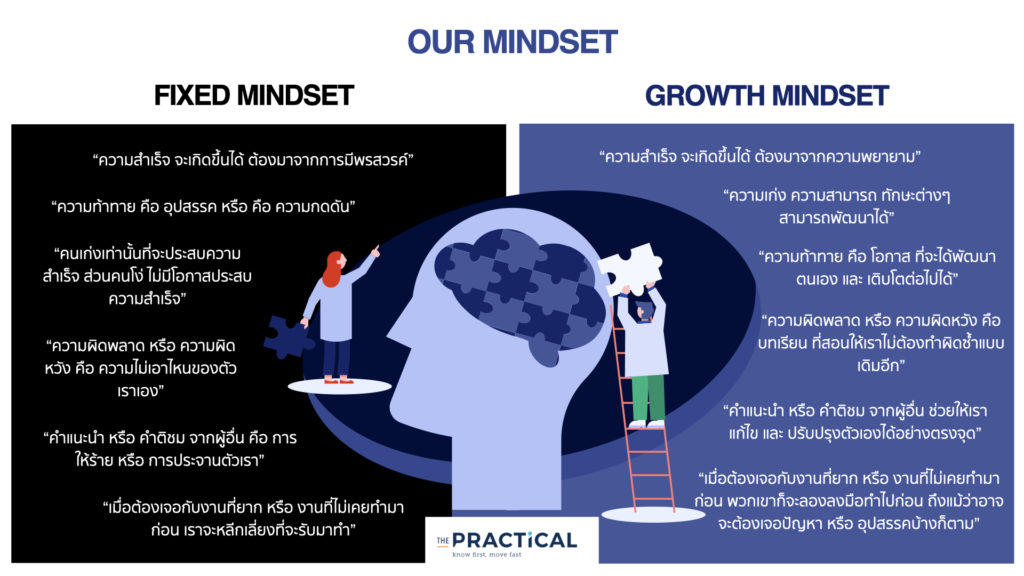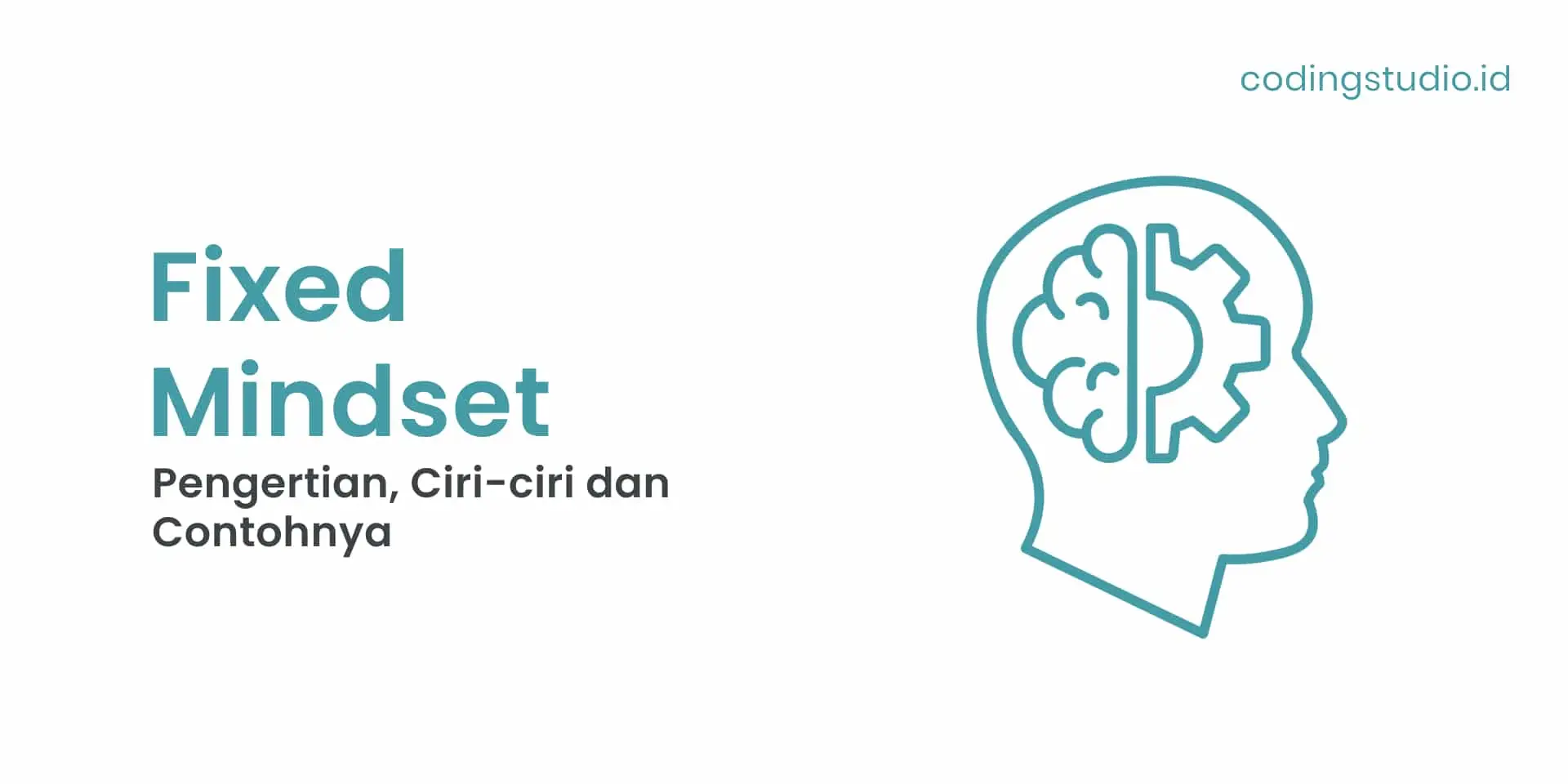Understanding Fixed Mindset Characteristics is crucial in navigating personal growth and success. By delving into the impact, examples, and distinguishing features from a growth mindset, individuals can unlock their potential for development. This article serves as a comprehensive guide to help readers identify the signs of a fixed mindset and provides practical strategies to shift towards a more adaptive outlook. Whether you’re facing challenges in your career, relationships, or personal goals, understanding how to overcome a fixed mindset is the first step towards achieving a mindset of growth and resilience.

Definition of Fixed Mindset
A fixed mindset refers to the belief that intelligence and abilities are static and cannot be developed through effort or learning. Individuals with a fixed mindset perceive their skills and talents as predetermined traits that cannot be changed, leading to a reluctance to take on challenges that may require growth or improvement.
Moreover, a fixed mindset is characterized by the conviction that a person’s capabilities are solely defined by unchangeable factors like innate talent or intelligence. This mindset diminishes the motivation to overcome obstacles or learn new skills, as individuals believe their potential is limited by factors beyond their control. By understanding fixed mindset characteristics, individuals can explore strategies to shift towards a growth mindset for personal development and resilience.

Characteristics of Fixed Mindset
In a fixed mindset, failure is often perceived as a roadblock rather than a stepping stone for growth. Individuals with this mindset tend to see setbacks as a reflection of their inherent abilities, leading them to shy away from challenges. Instead of embracing failures as learning opportunities, they may avoid risks to safeguard their self-image, hindering their personal and professional advancement.
Moreover, those entrenched in a fixed mindset exhibit a reluctance to accept criticism, viewing feedback as a critique of their talent and potential. This aversion to constructive input can impede their ability to adapt and improve, fostering a stagnant mindset that resists change and growth. By reframing feedback as a valuable tool for development rather than an attack on their capabilities, individuals can gradually shift towards a growth-oriented perspective.
Furthermore, individuals with a fixed mindset often engage in unhealthy competition where success is narrowly defined by outperforming others. This limited view undermines the value of collaboration and shared learning, fostering a culture of comparison rather than collective advancement. Embracing a mindset that values progress over perfection can pave the way for collaboration, cooperation, and mutual growth, creating a more supportive and inclusive environment.

Impact of Fixed Mindset
A fixed mindset can significantly limit personal growth by instilling the belief that abilities are predetermined and unchangeable. This mindset hinders individuals from exploring their full potential, creating self-imposed barriers to progress and improvement.
Furthermore, a fixed mindset can detrimentally impact emotional well-being, leading to heightened levels of stress and anxiety. The constant need to prove oneself and the fear of failure can take a toll on mental health, resulting in a persistent sense of inadequacy and pressure.
Moreover, individuals with a fixed mindset often lack resilience in the face of challenges. The reluctance to embrace setbacks as learning opportunities due to a lack of confidence in their ability to grow from failures can impede personal development and hinder the ability to bounce back from adversities.
In addition, a fixed mindset can strain interpersonal relationships as individuals tend to evaluate themselves and others solely based on success or failure. This narrow perspective overlooks the value of effort and potential, leading to judgment and misunderstandings that hinder meaningful connections and collaborations.

Growth Mindset vs Fixed Mindset
In understanding fixed mindset characteristics, contrasting it with a growth mindset is crucial. A growth mindset centers on the premise that skills and abilities are malleable, evolving through dedication and learning. It views failure not as a reflection of innate inadequacy but as a stepping stone towards improvement.
In stark contrast, a fixed mindset hinges on the belief that talents and intelligence are static traits, leading individuals to perceive failure as a confirmation of their limitations. Embracing a growth mindset fosters resilience and perseverance, enabling individuals to confront challenges with a positive outlook, viewing setbacks as opportunities for growth.
